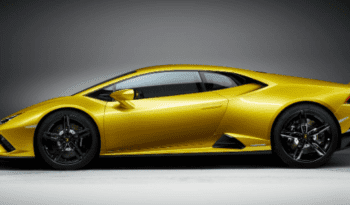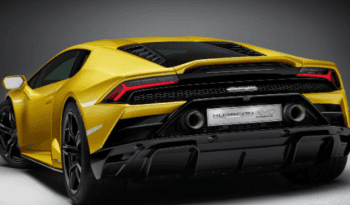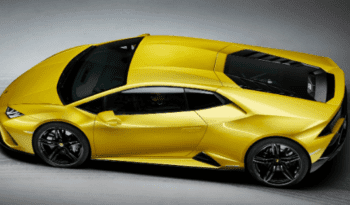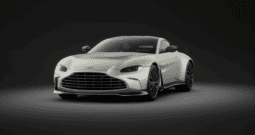Lamborghini Piattaforma Inerziale (LPI), a comprehensive set of accelerators and gyroscope sensors placed at the car’s center of gravity, has been enhanced to version 2.0. With improved precision, it monitors in real-time the dynamic vehicle attitude regarding lateral, longitudinal and vertical accelerations, as well as roll, pitch and yaw rate. The magneto rheological suspension, upgraded to version 2.0, instantaneously adapts the damping following inputs from the LPI. A new advanced traction control system together with enhanced all-wheel drive and torque vectoring, allows traction to be directed to a single wheel as required.
Enhanced Lamborghini Dynamic Steering (LDS), able to provide higher responsiveness in corners while requiring the lowest steering angles, is now coupled with rear-wheel steering in order to ensure agility at low speed, as well as maximum stability in high-speed cornering and under braking in the most severe conditions.
The unique combination of all these systems is governed by Lamborghini’s LDVI to create a super-agile and responsive car with unparalleled level of control. Processing data in real time, the Huracán EVO recognizes the driver’s intentions through steering wheel, brake and accelerator pedal inputs, engaged gear and the driving modes selected via ANIMA controller: STRADA, SPORT or CORSA.
External conditions are determined through active suspension and all-wheel drive grip estimation function. All of this information is analysed and processed by LDVI, which turns them into precise inputs for the vehicle dynamic system. A ‘feed forward logic’ is implemented via the dynamic controller, which means the car doesn’t just react, but predicts the best driving set-up for the next moment.
In STRADA, the Huracán EVO is agile and capable for driving enjoyment, whereas in SPORT it becomes playful, intuitive and extremely exciting. In CORSA the Huracán EVO is sharp, reactive and exhilarating for the most extreme driving environments, such as racetracks.

 Australia
Australia Bangladesh
Bangladesh India
India Indonesia
Indonesia New Zealand
New Zealand Thailand
Thailand Congo
Congo Dubai
Dubai Hong Kong
Hong Kong Kuwait
Kuwait Malaysia
Malaysia Nepal
Nepal Pakistan
Pakistan Qatar
Qatar Singapore
Singapore South Africa
South Africa Sri Lanka
Sri Lanka Bugatti
Bugatti Maserati
Maserati Ferrari
Ferrari Aston Martin
Aston Martin Lamborghini
Lamborghini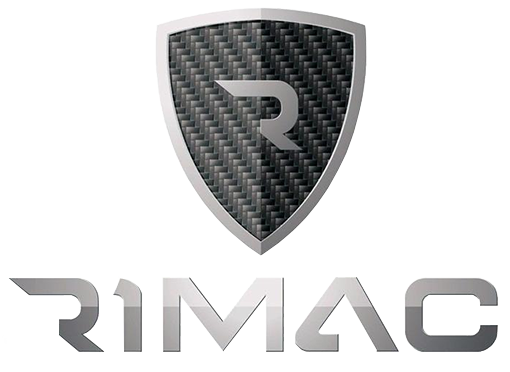 Rimac
Rimac BAC Mono
BAC Mono




